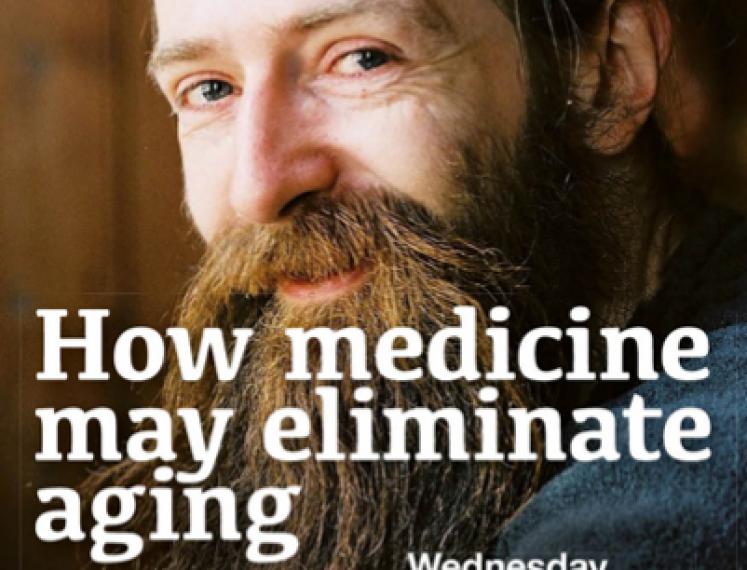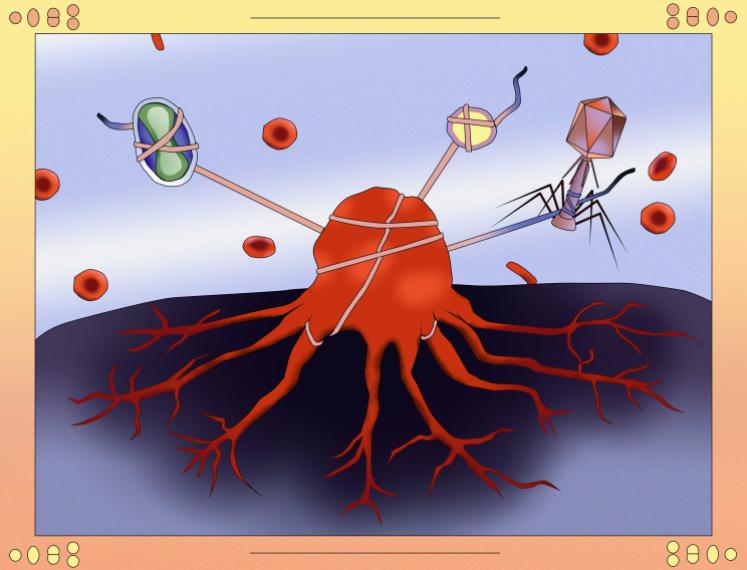
Academiegebouw
Broerstraat 5
Groningen
Nederland
How Medicine may eliminate aging
Researcher Aubrey de Grey argues that instead of looking at aging as inevitable, we should look at it as a disease - one that can be cured.
Aging seems so ubiquitous and inevitable that we mostly don’t think of it as a medical problem, or contemplate the possibility that we could prevent it with medicine. We try to cure diseases of old age, which are a part of aging, but why aren’t we trying to cure old age itself? Previous research focused on understanding the underlying mechanisms of aging by looking at the variation in the rate of aging in different species. By understanding these mechanisms researchers hope to develop ways to slow down the damage created by old age. Researcher Aubrey de Grey argues that instead of looking at aging as inevitable, we should look at it as a disease - one that can be cured by approaching it as ‘an engineering problem’. In the foreseeable future, aging could be brought under complete medical control. The way this will happen is by a panel of interventions that repair the damage of aging and restore the molecular and cellular structure of our tissues to how they were in early adulthood. Examples include using stem cells to replace cells that the body does not replace by itself when they die, or cleaning out molecular waste products that accumulate because the body has no machinery to destroy them. This offers a new, innovative approach to aging: instead of slowing it down, it can be stopped or even reversed.
Aubrey de Grey was trained as artificial intelligence and software engineer. Through his wife he came into contact with biology. In 1999 he published his book The mitochondrial free radical theory of aging, for which he was awarded a PhD in 2000 by the University of Cambridge. In his work he proposes that there are seven types of aging damage and propagates that the technology to stop aging is already available. He is co-founder and chief science advisor of the SENS research foundation.
This lecture is organised by the Hendrik de Waard Foundation in cooperation with Studium Generale Groningen and Science LinX. The Hendrik de Waard Foundation was founded after the retirement of the late professor of physics Hendrik de Waard in 1987. Annually, the foundation organises a lecture to inform and intrigue the general public about recent developments in science. www.hdw.fmf.nl


